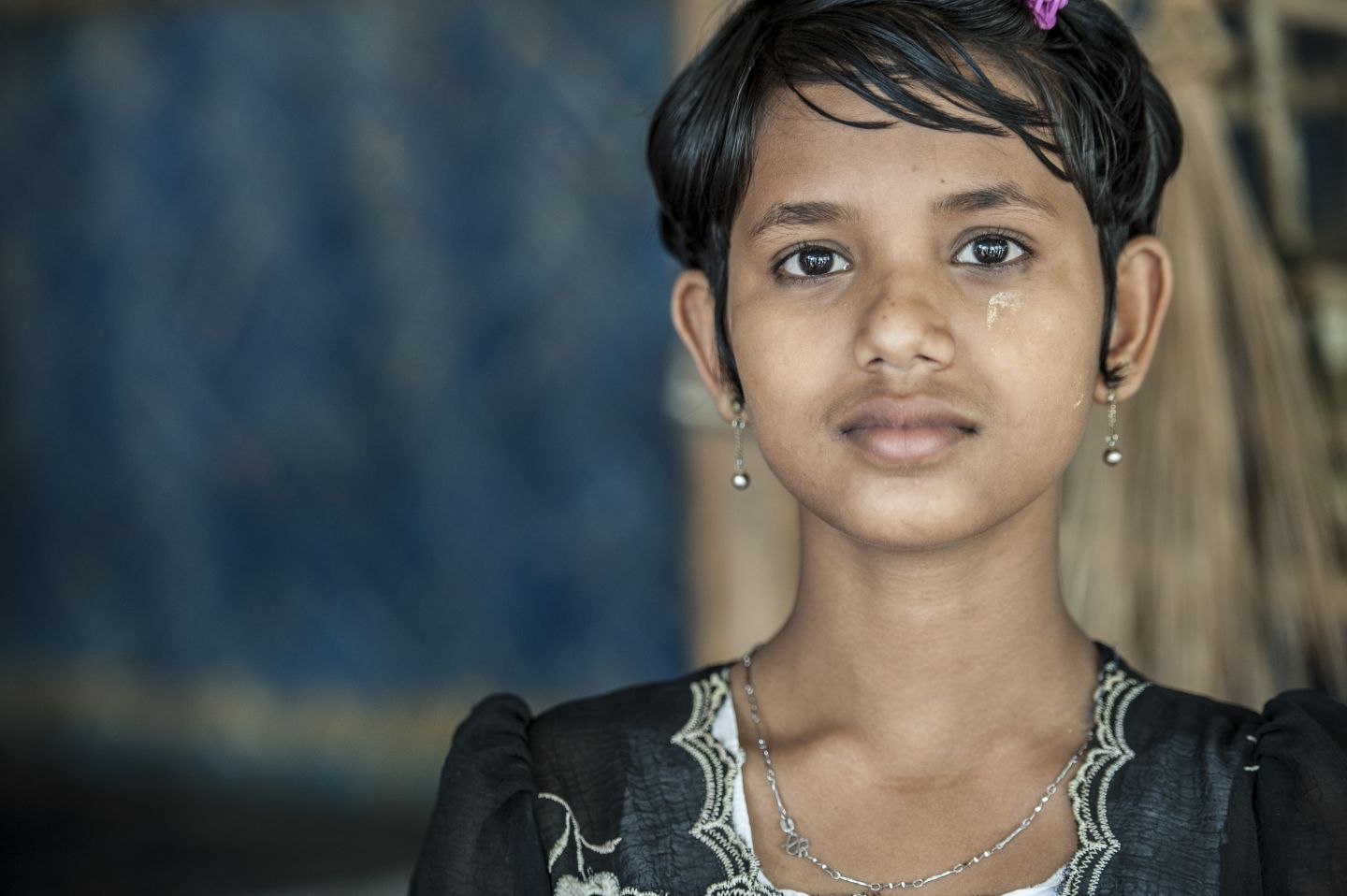
Rohingya persecution is an extreme case of a much wider problem: new report clearly shows widespread links between discrimination against minorities and statelessness around the world
In Buddhist Myanmar, Muslim Rohingya are denied citizenship. They face extreme violence, hate speech and persecution. Many have been forced to flee their homes. In 1982, Myanmar changed the law, so that nationality was acquired at birth only by members of 135 listed ethnic groups. Rohingya were excluded from this list.
The Rohingya case is an extreme one, but Minority Rights Group International’s (MRG) latest report shows that many other minorities and indigenous peoples are particularly vulnerable to statelessness.
The report, Denial and Denigration: How Racism Feeds Statelessness, launched on 24 October to coincide with a high level event at the UN General Assembly in New York, asserts that minorities make up a large portion of the world’s stateless population.
Everyone has the right to a nationality, but many millions of stateless people worldwide are left in limbo, with no official homeland. They can be denied a job, schooling, health care or even a mobile phone. Without identity documents, stateless people cannot easily travel, and may be forced to follow illegal routes.
‘Minorities and indigenous peoples are already marginalized in many countries, but they face added challenges if they are also stateless,’ says Claire Thomas, MRG’s Deputy Director. ‘What has shocked us most, though, is seeing how discrimination written in to laws, or by officials, leads to statelessness for many minority and indigenous community members.’
Aside from legal and bureaucratic hurdles, communities that have lived over many generations within the borders of a state may be presented as ‘foreigners’ or ‘migrants’, to justify their exclusion.
In the Dominican Republic, over 100,000 Dominicans of Haitian descent are stateless. A new law passed in 2014 denied citizenship to many Haitian descendants, despite some having lived in the country for over 80 years.
Stateless Roma are spread across Europe, especially in Russia, Slovakia and the countries of former Yugoslavia. Many thousands lack birth certificates, or any other official state recognition.
Statelessness is worsened by conflict, says MRG. Kurds fleeing war in Syria who have lost, or were never issued their papers, are unable to prove they are Syrian, and may end up stateless.
In Africa, the creation of South Sudan has left ethnic minorities living on either side of the new border at risk of statelessness. Nomads, such as animal herders who frequently move across official boundaries in search of pasture and water for their livestock, are also vulnerable.
‘As a first step to ending this hopeless situation for so many people around the world, states must ensure their nationality laws do not discriminate,’ adds Thomas. ‘But they also need to make sure that all communities have access to citizenship, and that authorities do not deliberately exclude groups or make it overly difficult for them to prove their nationality.’
The new report, which includes films, photo stories and case studies, calls for an end to all statelessness, but particularly focuses on how deeply statelessness is rooted in discrimination and racism, and sets out how to assist and protect stateless minorities and indigenous peoples.
Notes to editors
- Minority Rights Group International is the leading organization working for the rights of ethnic, religious and linguistic minorities and indigenous peoples worldwide. We have decades of experience securing rights and combating discrimination, and our work is more relevant than ever today.
- Denial and Denigration: How Racism Feeds Statelessness will be available to view on MRG’s Minority Stories website
- For more information or to arrange interviews contact:
Carl Söderbergh, MRG Director of Policy & Communications, London (UK)
E: [email protected] / M: +44 7837 533 675 / Twitter: @MinorityRights
Photo: Rohingya girl in Myanmar. Credit: Steve Gumaer.